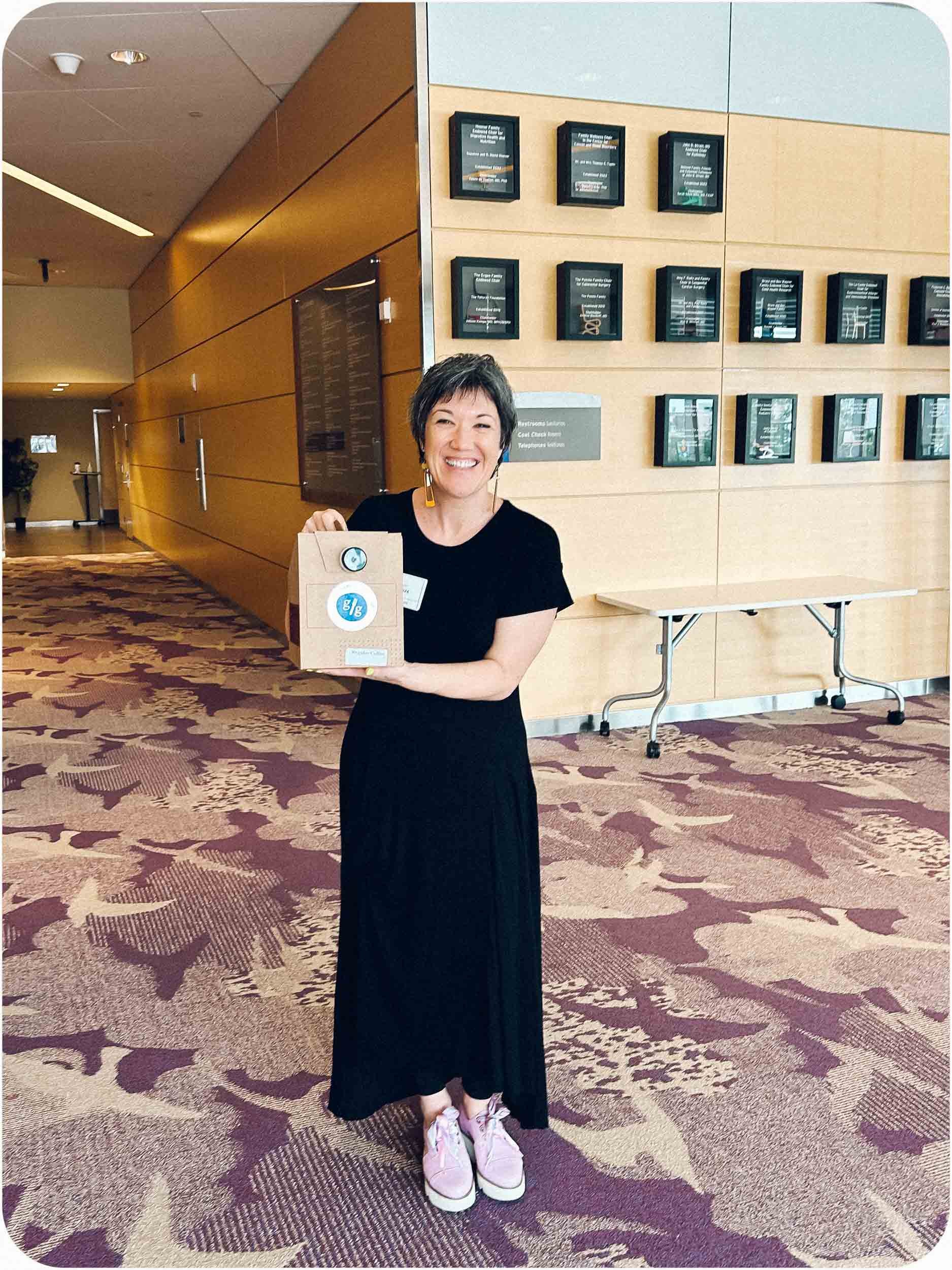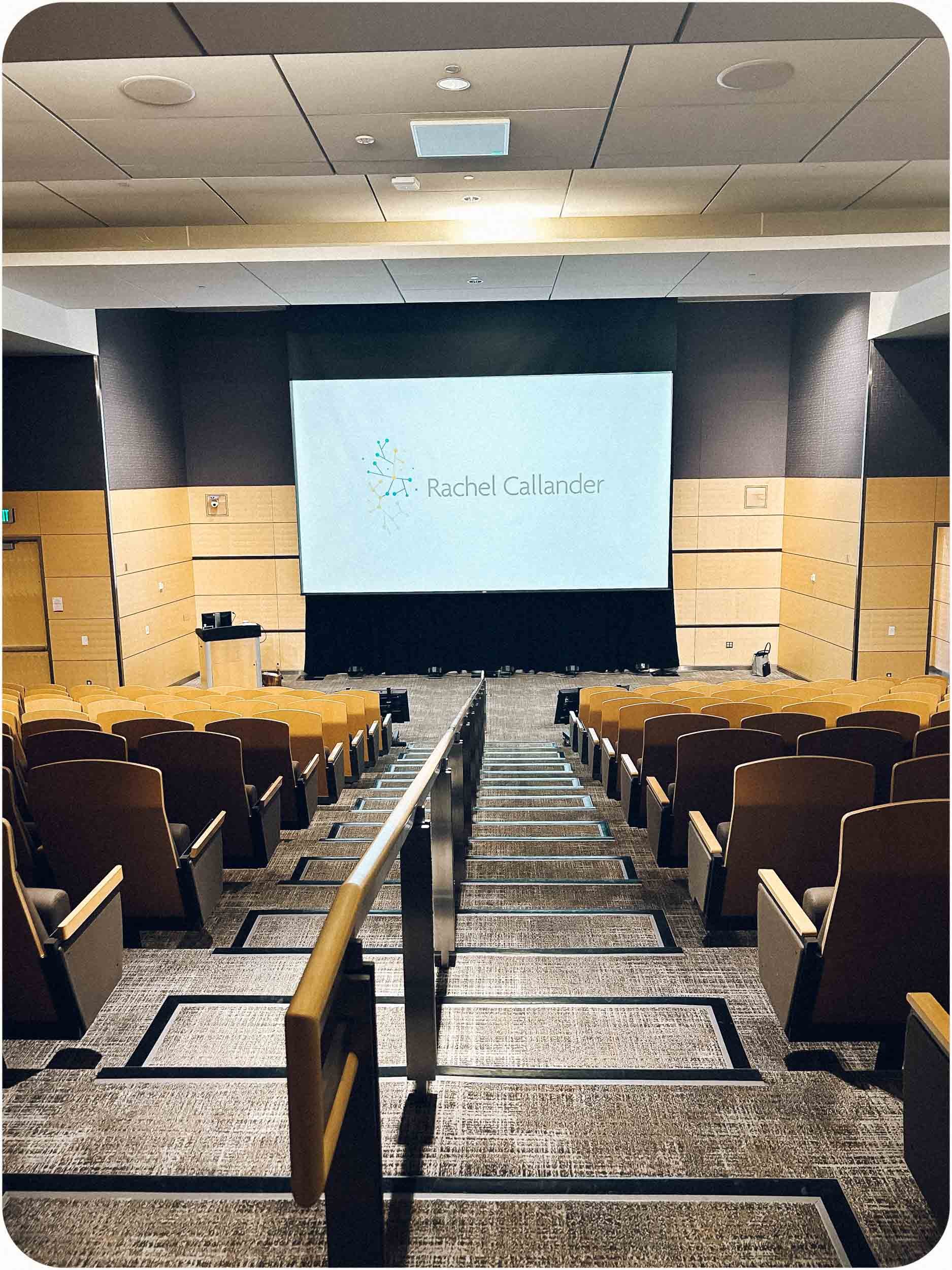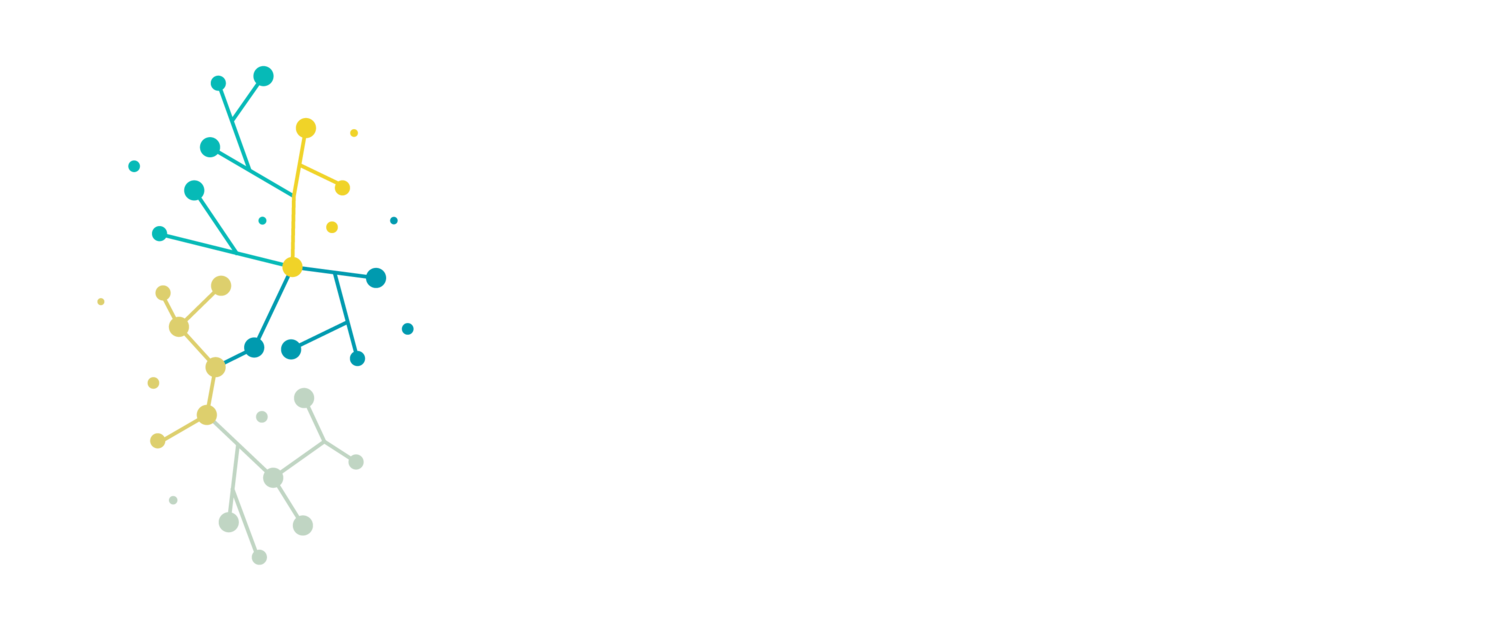Speaking Their Language: Why Communication Matters in Every Hospital
Over the past year, I’ve had the privilege of walking into some of the most respected hospitals and universities across the United States and Australia.
In healthcare, the words we choose, the way we deliver them, and the intentions behind them can radically shape a person’s experience of care. And that’s what I’m invited to speak about in Grand Rounds presentations, workshops, and professional development sessions for clinicians, researchers, allied health teams, and students.
These sessions offer a different kind of professional development. They’re about reflection, reimagining, and realigning with the core of why people choose healthcare careers in the first place: to make a difference and to heal. Together, we explore how language can build trust or erode it, and how a moment of authentic connection can be as healing as any prescription.
Each hospital and university I work with brings a unique culture, but the questions are often the same:
How do we speak with compassion, even when time is short?
How do we support families navigating complex, devastating diagnoses?
How do we create a culture where communication is a shared responsibility, not just a “soft” skill?
Through storytelling, interactive tools, and lived experience, we dig into these questions with curiosity and care, rather than blame or shame. Whether I’m presenting to a packed auditorium of senior specialists or facilitating small group workshops with nursing teams and medical students, the focus is always the same: connection over correction, understanding over assumption.
I’m deeply grateful to the many hospitals and universities who have opened their doors, minds and hearts to this work. From neonatal intensive care units to oncology wards, research departments to medical schools, I’ve seen firsthand the desire for better communication. Healthcare is deeply human work. And when we remember that, the way we speak starts to change, not just for the sake of the patient, but for the well-being of the clinicians too.


















